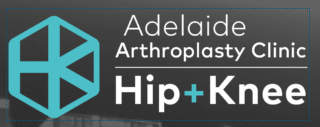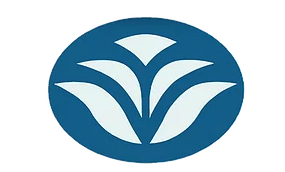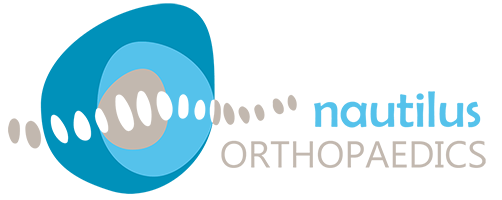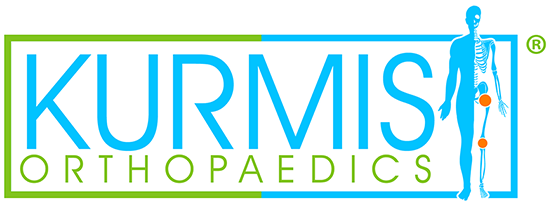What is Assistive Technology?
The World Health Organisation describes Assistive Technology as products that help to maintain or improve an individual’s functioning and their independence (1).
Assistive Technology supports people to participate in activities that are meaningful and important to them, can improve the safety of the individual using the products and the safety of carers, reduce the need for formal health and support services and long-term care and can increase an individual’s ability to participate within education, work and communities.

1. Wheeled walker 2. Elbow crutch 3. Wheelchair
NDIS and Assistive Technology
The NDIS describes Assistive Technology as equipment, technology or devices that help you to do things in your daily life that you can’t do because of your disability. It may also help you to do something more easily or safely (2). The NDIS has varying categories of Assistive Technology, based on risk and cost, and varying processes of gaining Assistive Technology; depending on which category the product falls into. Physiotherapists can help you with these processes.
Assistive Technology in Paediatric Populations
Assistive Technology for paediatric populations can help kids be kids!
Common Assistive Technology products that a Paediatric Physiotherapist may be able to support you and your child with include:
- Supportive sitting systems and seats – Supportive seating systems and seats can vary in support depending on a child’s individual needs. Supportive seating systems and seats can help children to sit independently to play, learn and write.
- Standing frames – Standing frames also vary in support. A standing frame can enable a child to gain the developmental benefits of standing (such as hip and bone development), even if they are currently unable to stand independently.
- Walking frames – Walking frames support children who cannot walk by themselves to mobilise independently, interact with the environment around them and enjoy the developmental benefits of walking. Walking frames can be used for both short and long-term periods depending on the child’s individual needs.
- Wheelchairs – Wheelchairs can help children to mobilise independently within their community for longer distances and times. This can increase a child’s ability to access social events and education. Wheelchairs can be manual, or power controlled, depending on the child’s individual needs.
- Orthoses – An orthosis is a device that is designed and fitted to someone’s body. They can assist with rehabilitation, biomechanical alignment and mobility, and reduce pain and the risk of long-term anatomical deformities (3).
- Bathing supports – This can include bath and shower chairs to help parents safely bathe their child as they continue to grow and develop.
- Sleep systems – Positioning systems are available that can help optimise a child’s positioning in their sleep.
Who is Assistive Technology Beneficial for?
Assistive Technology may be valuable for anyone who would benefit from a product that allows them to do something that they are unable to do due to their disability. Populations commonly accessing Assistive Technology include:
- Cerebral Palsy
- Autism Spectrum Disorder
- Genetic disorders
- Brain injury
- Muscular Dystrophy
- Ehlers-Denlos Syndrome
How can Paediatric Physiotherapists help?
Paediatric Physiotherapists are equipped with the skills to prescribe Assistive Technology. They can perform an assessment of your child to determine whether Assistive Technology would be beneficial, and if so, what equipment and how much support is required. Paediatric Physiotherapists can then support the individual and family with measurements, referrals, technology trials and the necessary documentation to access Assistive Technology.
Assistive technology can assist individuals and their families to live fulfilling and rewarding lives.
References:
Assistive technology [Internet]. World Health Organization; 2023 [cited 2023 Jul 17]. Available from: https://www.who.int/news-room/fact-sheets/detail/assistive-technology
Assistive technology explained [Internet]. 2023 [cited 2023 Jul 17]. Available from: https://www.ndis.gov.au/participants/assistive-technology-explained
About orthoses and prostheses [Internet]. [cited 2023 Jul 17]. Available from: https://www.aopa.org.au/careers/what-are-orthoses-and-prostheses
For more information or to book an appointment, please call The Physio Clinic on 8342 1233.
Written by Alicia Brown | Physiotherapist at Prospect and Blackwood























